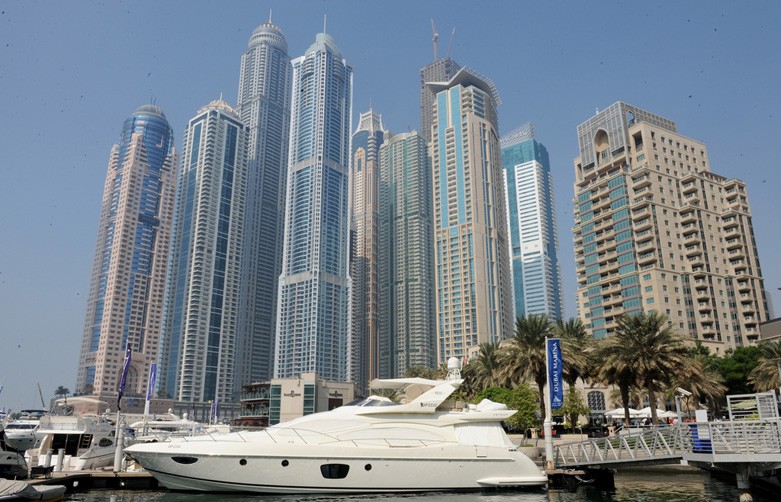
Alphabet Soup in Dubai
Hungry for some global tech policy? Heard rumblings about the ITU meeting in Dubai and an alleged United Nations takeover of the Internet? Here's your bowl of Internet-flavored alphabet soup.
Right now, the International Telecommunication Union (ITU) — a 150-year-old U.N. agency that oversees global communications infrastructure — is meeting in Dubai.
The reason? The ITU is in town for the World Conference on International Telecommunications (WCIT), a meeting to revise the agency's International Telecommunications Regulations (ITRs), a treaty last updated in 1988. Those regulations help countries ensure that the communications technologies that flow across their borders — cable, fiber, radio spectrum — all work nicely together.
These ITRs were written at a time when the Internet was just a niche. They were written before Facebook, Google or Amazon existed… in fact, they were written a few years before the World Wide Web was invented.
It’s natural that some would want to update outdated telecommunications rules. Hence our alphabet soup: The ITU is talking about updating the ITRs at WCIT.
But there are a few problems here, starting with a lack of transparency. The ITU meeting is taking place behind closed doors. Organizations that represent the public interest aren’t invited to the party — so they must agitate from the outside, pressuring officials to involve them in negotiations and making their needs known via petitions, sign-on letters and Op-Eds.
The Internet is built on open and distributed technology and culture, so it only makes sense that it should be governed in the same way. When it comes to policies affecting the networks that comprise the global Internet, no decision should be made without the involvement of civil society groups and Internet users themselves.
Second, there are some pretty bad proposals out there (which we know about only because they were leaked). One, from Russia, would give countries permission to censor online content. Other proposals would make content providers like Google and Facebook, along with universities and other nonprofits, pay for the transmission of their content over the Internet — kind of like paying for a long-distance phone call. Such a payment scheme would hurt the free flow of information.
It's worth noting that this treaty — like any U.N. treaty — wouldn't force countries to do things they don’t want to do, like censor content or charge for transmissions. Also, as we know too well, countries that want to censor the Internet or shut it off completely are already doing it. They’re not asking for the U.N.'s permission. Giving these countries the political cover of international approval would be a bad thing, but it wouldn’t necessarily give them new technical capabilities to close down dissent.
This nuance hasn't stopped many from proclaiming the ITU's meeting as the end to the Internet as we know it. Some are even suggesting that the U.N. itself may be using the WCIT meeting to try to take over the Internet.
But in the words of Bloomberg Businessweek, the ITU "is not a shadowy cabal." While lots of these proposals are indeed bad news — and we must repeat that fact ad nauseum — the ITU itself is not convening with the intention of closing down the open Internet, whatever the intentions of certain countries or companies may be.
We at Free Press advocate for policies that encourage universal access to the free and open Internet, and that preserve the basic openness principles that have been at the core of the Internet from the start. These principles, which are outlined in the Declaration of Internet Freedom, must be part of any Internet policy conversation.
But right now, what we really need is for the ITU to make its policymaking process transparent and inclusive so that people have a real chance to understand what’s being discussed before any changes get pushed through.
Groups representing the nearly two billion Internet users worldwide need to have a seat at the table. International agreements that revise governance rules need to be built in an open, participatory manner. That’s how the "network of networks" — the Internet — is built, and that’s how we need to make decisions about its future.
For more details about the ITU and WCIT, see WhatIstheITU.org from Access and Fight for the Future. Also see the statement to Protect Internet Freedom, developed by Free Press and our friends at Access, Center for Democracy & Technology, Fight for the Future and Open Media.
Original photo by Flickr user ItuPictures
If you care about protecting the open Internet, please consider a donation to the Free Press Action Fund.